-Babies should sleep by themselves since childhood, which is good for adults and children and safe!
-My baby did not sleep well, so can’t it be more noisy to sleep separately?
When it comes to whether the baby should sleep in separate beds, you may have heard many different suggestions, but you still feel very tangled.
In fact, this problem reflects cultural differences at the top of the list, and at the bottom of the list, it is the parenting styles of different families.
Today, we invited IMPI International Infant Sleep Consultant Teacher Chen Sang (everyone prefers to call her [Da Man]). She will analyze the advantages and disadvantages of sleeping in separate beds and sleeping together from various aspects, hoping you can find your own answer.
Is it good for what to sleep together?
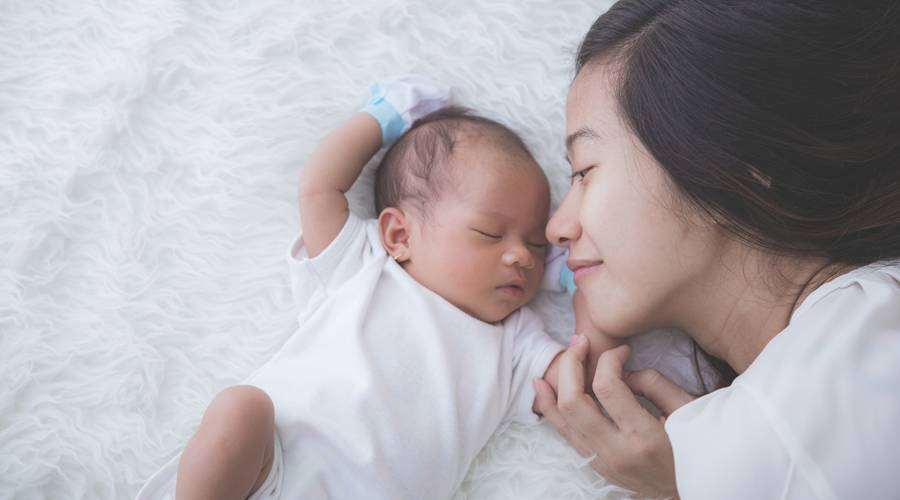
1. Be closer to your baby and let him sleep comfortably.
When the baby approaches his parents and is gently touched, he will remember this warm and loving feeling and fall asleep more easily.
At the same time, more intimate contact with the baby will help parents to establish more emotional connections with the baby.
2. Convenient breast-feeding and night-time comfort
The most direct advantage of sleeping together is that it is convenient for mothers to breast-feed at night.
At the same time, if the baby wakes up at night, the mother can appease him in time so that the baby can continue to sleep at ease.
3. Promote the physical and mental development of the baby
Sleeping in the same bed means more physical contact, which can stimulate the baby’s sensory system to a certain extent and is conducive to physical and mental development.
Is what troubled by sleeping together?
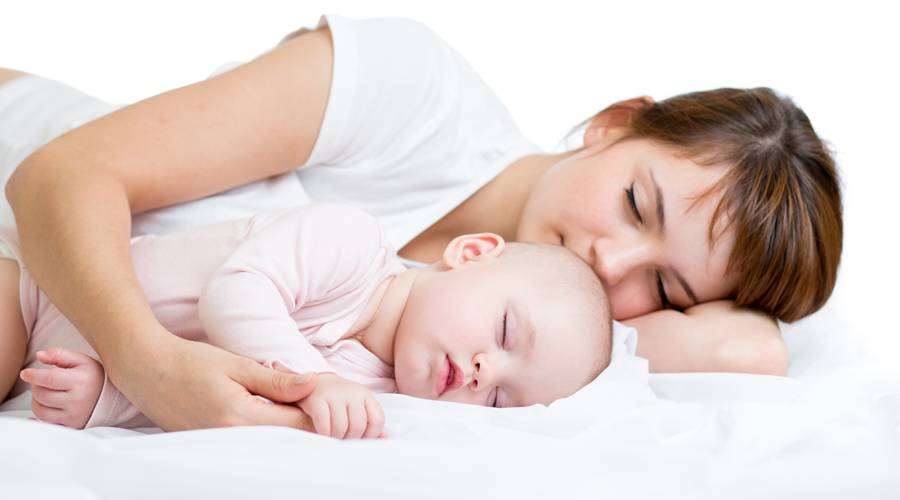
Sleeping with your baby does make you feel happy, but the problems it brings are also real.
1. Disturbing Mother’s Sleep
Novice mothers tend to be nervous about their babies, and their sleep quality after delivery is often much worse due to nursing and taking care of their children at night.
Sometimes the child only makes a little sound or turns over during light sleep, which will make the mother wake up and completely unable to sleep completely.
2. Weaken the baby’s ability to appease himself,
If mothers overrespond when the baby wakes up for a short night, it may affect the baby’s ability to appease himself and fall asleep autonomously.
After a long time, the baby will ask for the same comfort when he wakes up briefly after a light sleep at night.
However, in the second half of the night, light sleep accounts for more than half of the whole sleep time and often wakes up at night. At this time, there may be a situation of not drinking milk, not picking up, not patting, not sleeping.
Are mothers very wronged? Clearly very tired, but in the end to help… … …
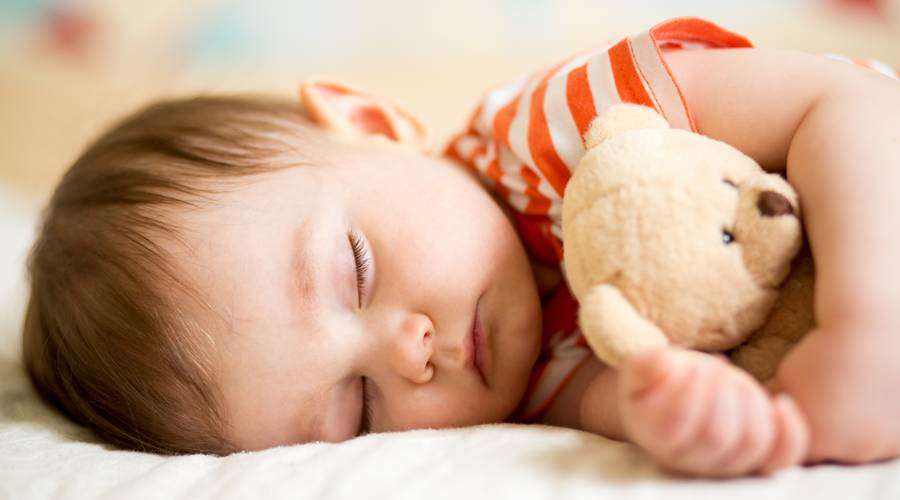
3. Delay the baby’s sleep time,
As the baby grows up, he often refuses to fall asleep because he is fond of playing. If he sleeps with his parents, his parents are the most interesting toys. Even if his mother pretends to sleep, the baby will persevere and try to wake up the person who pretends to sleep!
If you are not careful, you will play until very late and tired before falling asleep.
4. Causing Baby Sleep Deprivation
Children can sleep as long as 11 hours at night before the age of 1 and 10 hours before the age of 2.
Children who are accustomed to sleeping with their mothers are easy to wake up when they walk away or get up, and they also sleep less at night than children who sleep alone in small beds.
Sleep deprivation and fatigue accumulation are not good for children’s development and study.
5. Affect the intimate relationship between husband and wife
After the child is born, it is inevitable to ignore the close relationship with his teammates.
In the case of sleeping together, if you want to light a fire of love, either let the passion burn quietly with a little embarrassment, or you can only find another battlefield with your teammates.
See here, do mothers feel that sleeping together seems beautiful, but in the whole process, both mothers and babies are really more prone to sleep problems.
So…
How do I transition from a queen bed to a twin bed?
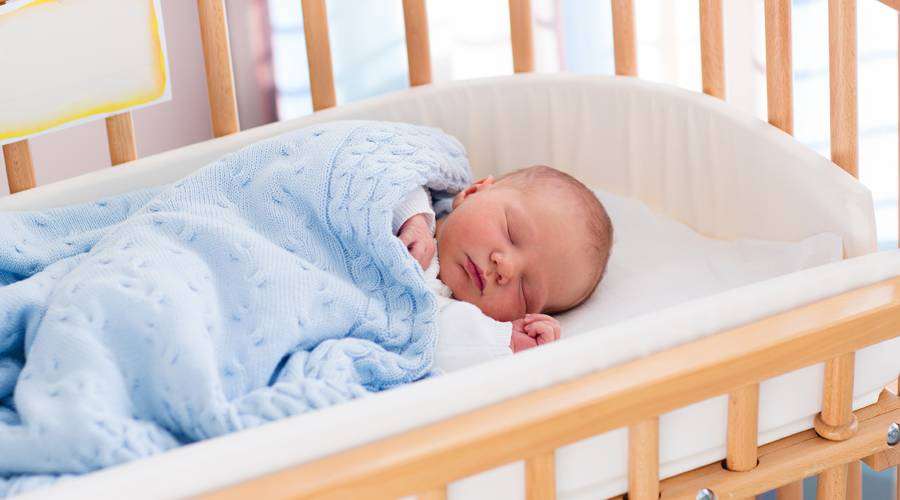
Parents often want to be close and convenient at the beginning, but when they really want to sleep separately from their babies, they find that it is easier to ask God than to send God!
So how can children happily accept sleeping in small beds?
1. For babies of small age,
Babies generally do not have much resistance to changes in their sleep environment.
Before officially moving to the cot to sleep, you can let the baby play in the crib more, and the mother also interacts with him more.
When the baby wants to sleep, the mother will arrange the sleeping environment to calm him down and let the baby complete the process from waking up to falling asleep in the small bed.
2. For older babies and toddlers
Find a small safe object that the child likes as a sleeping companion, and bring a comforting towel, handkerchief or mother’s pajamas, which will make him more willing to sleep peacefully in the small bed.
Before going to bed, the mother can stick to the small bed, read picture books to the baby or hum softly, so that he can know that sleeping in the small bed can also enjoy the company of the mother.
3. Be gentle and firm
Children who are accustomed to sleeping together may resist and cry at the beginning of the change, but if the mother hesitates at this time, it will only increase the difficulty and time of the change.
The mother’s attitude should be gentle and firm, understand the child’s emotions, allow the child to vent and express, patiently appease and accompany, and eventually the child will accept and fall in love with her cot.
4. Don’t let the baby sleep in the big bed first, and then carry it to the small bed while sleeping.
Changes in the environment during sleep will make the baby more alert during light sleep and often cry and demand to return to the sleeping environment.
Whether you choose to sleep together or alone in a small bed, it is very important to keep the children’s sleeping environment stable and consistent.
How do you choose?
Some people think that sleeping alone means independence, while others think that sleeping together means more security.
In fact, children’s sense of security or independence will be affected by all aspects. It is not convincing to judge the establishment of the two by sleep.
There is no absolute right or wrong difference between sleeping together or alone. As long as the baby sleeps well and the parents are not troubled, that is the most suitable for you and the child.
However, when a child is about 3 years old, he or she may take the initiative to express his or her wish to sleep alone. This period is also the psychological period of sexual bud, and the child will gradually realize his or her gender identity.
For families who are still sleeping in the same bed at this time, the bed separation plan can be officially put on the agenda!
No matter how you choose, safety will always come first.
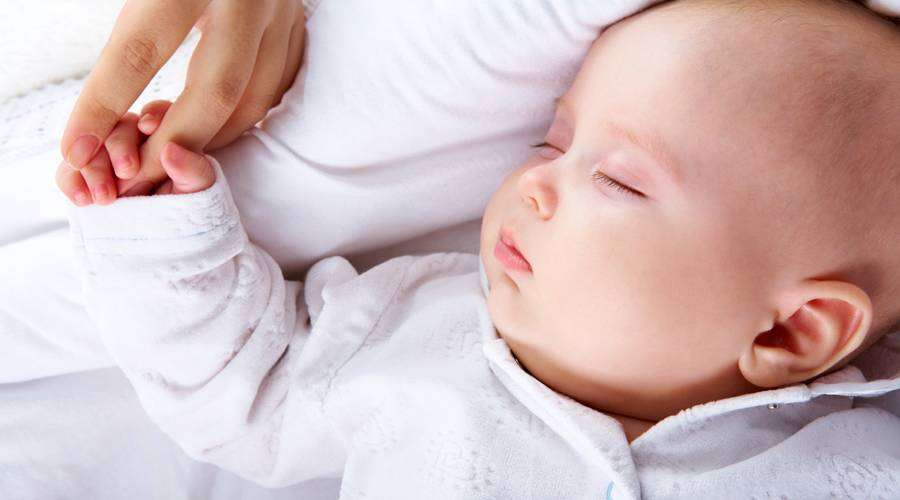
No matter how you choose, the safety of your baby should always come first.
If you sleep in that same bed
- Parents should not smoke or drink or take sedative drugs. Let the child sleep aside, not among the parents; Don’t sleep too hot; All bed enclosures and baffles ensure safety and prevent children from being pressed or falling into the bed.
If you sleep alone in a small bed
- Don’t put towels, blankets or pillows that easily cover your nose and mouth on the small bed. When the baby can stand, adjust the bed board of the crib to the lowest position to prevent the baby from turning out of the crib.
If a small bed is made up of a big bed,
In order to take care of the baby at any time and have a relatively independent sleeping space, this is also a good choice. At this time, attention should be paid not to leave any gap between the big and small beds. When the child will turn over, pull up the fence to prevent the child from tumbling and falling into the bed.
The child will one day leave our arms and move out of our room. At present, try your best to take good care of your sleep and enjoy each other’s sleep.
